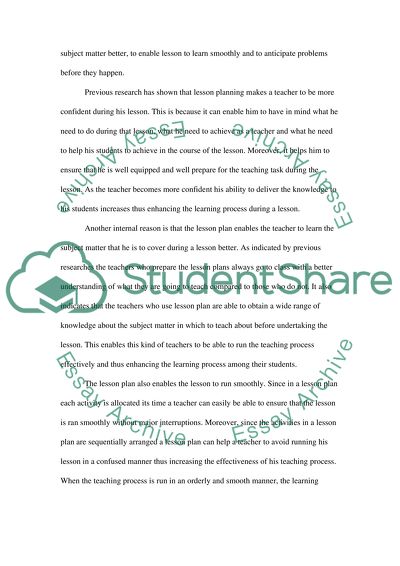Cite this document
(“Why Do Teachers Plan Their Lessons Why is Planning Important Coursework”, n.d.)
Retrieved from https://studentshare.org/english/1450841-lesson-planning
Retrieved from https://studentshare.org/english/1450841-lesson-planning
(Why Do Teachers Plan Their Lessons Why Is Planning Important Coursework)
https://studentshare.org/english/1450841-lesson-planning.
https://studentshare.org/english/1450841-lesson-planning.
“Why Do Teachers Plan Their Lessons Why Is Planning Important Coursework”, n.d. https://studentshare.org/english/1450841-lesson-planning.


